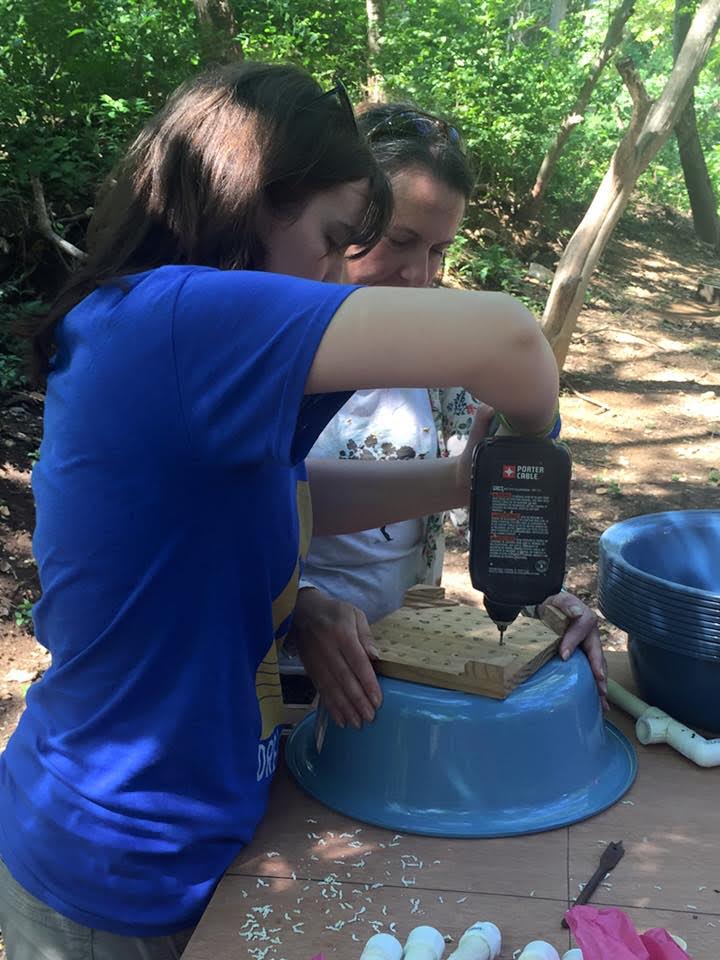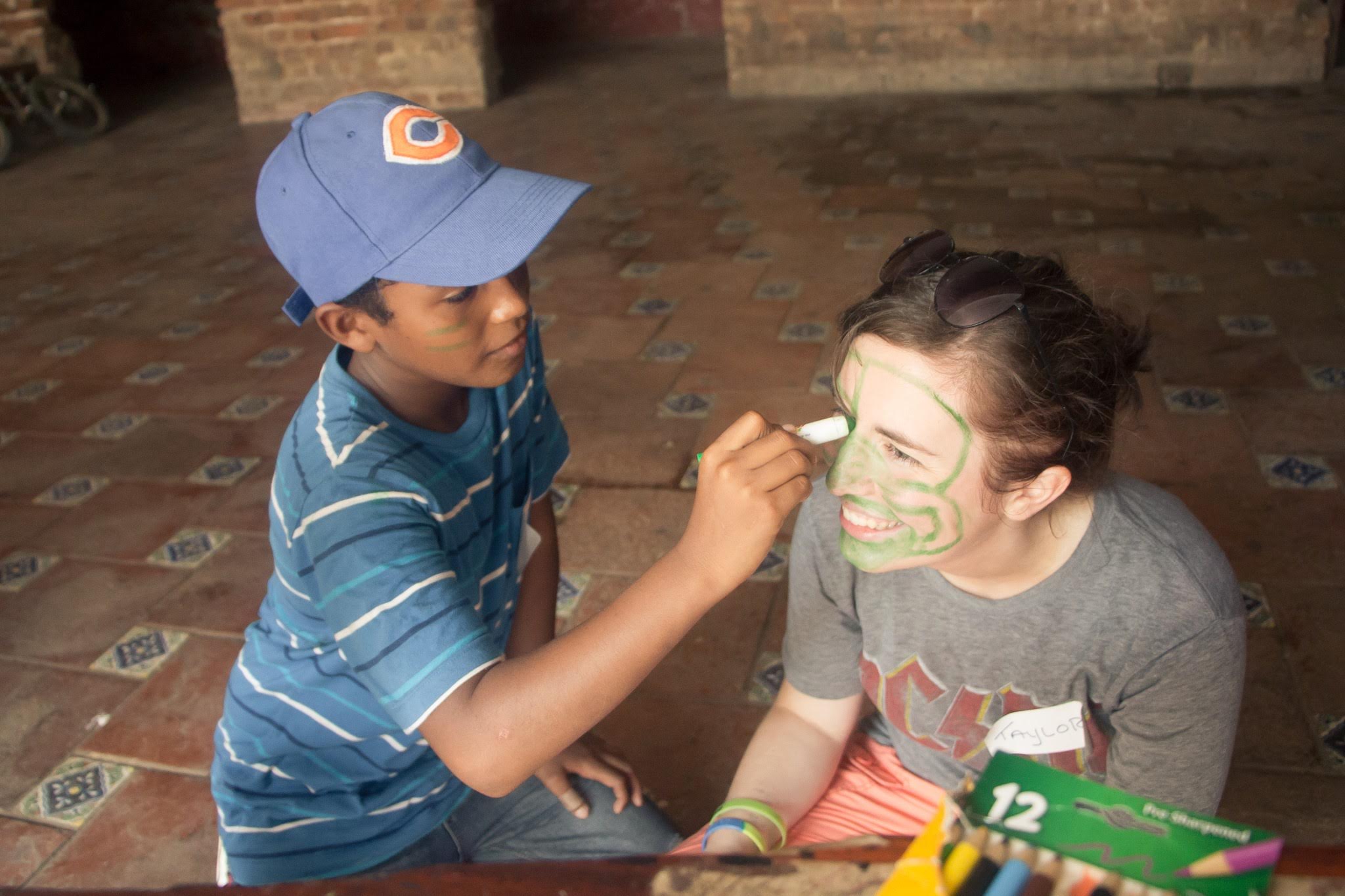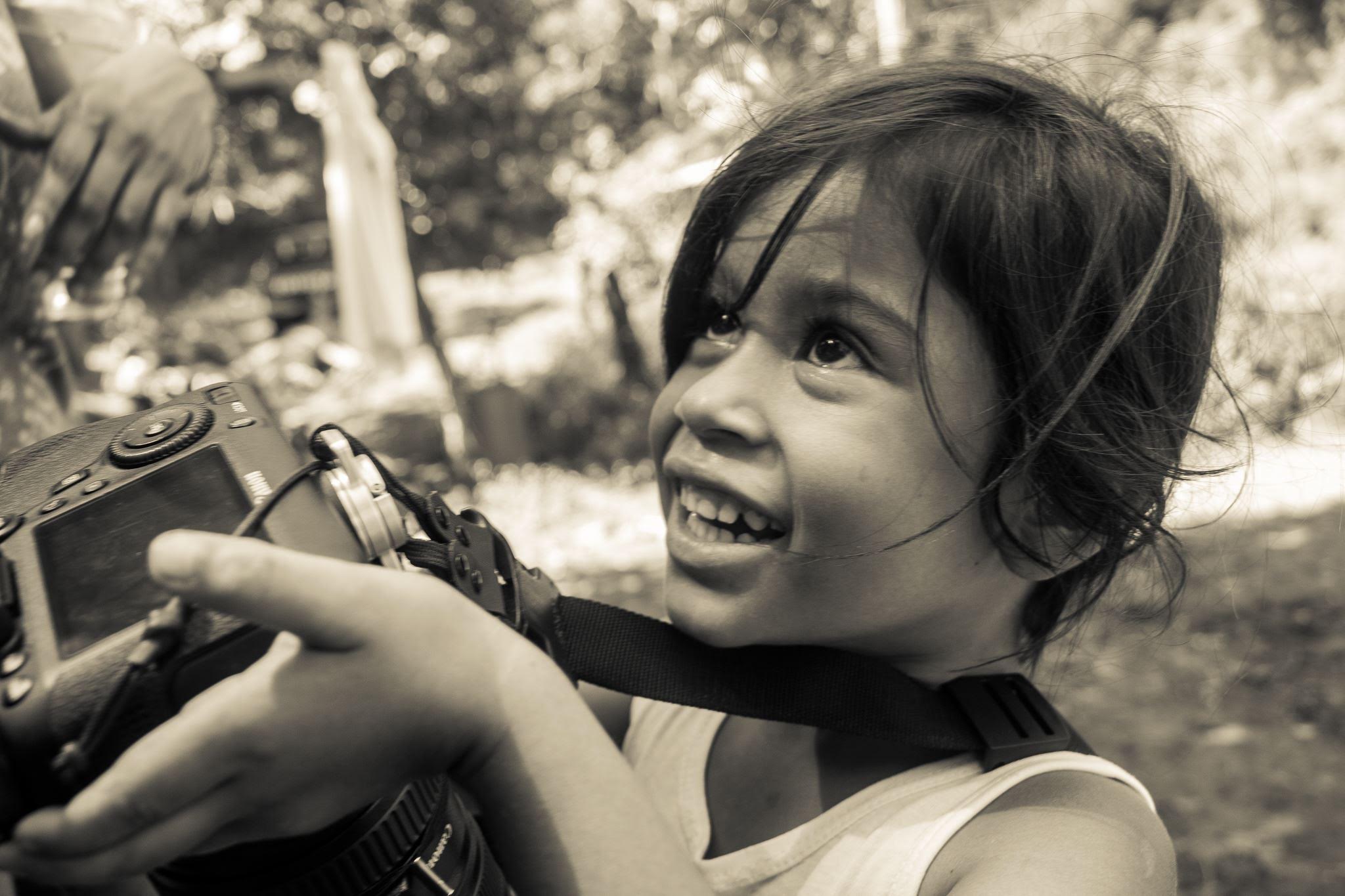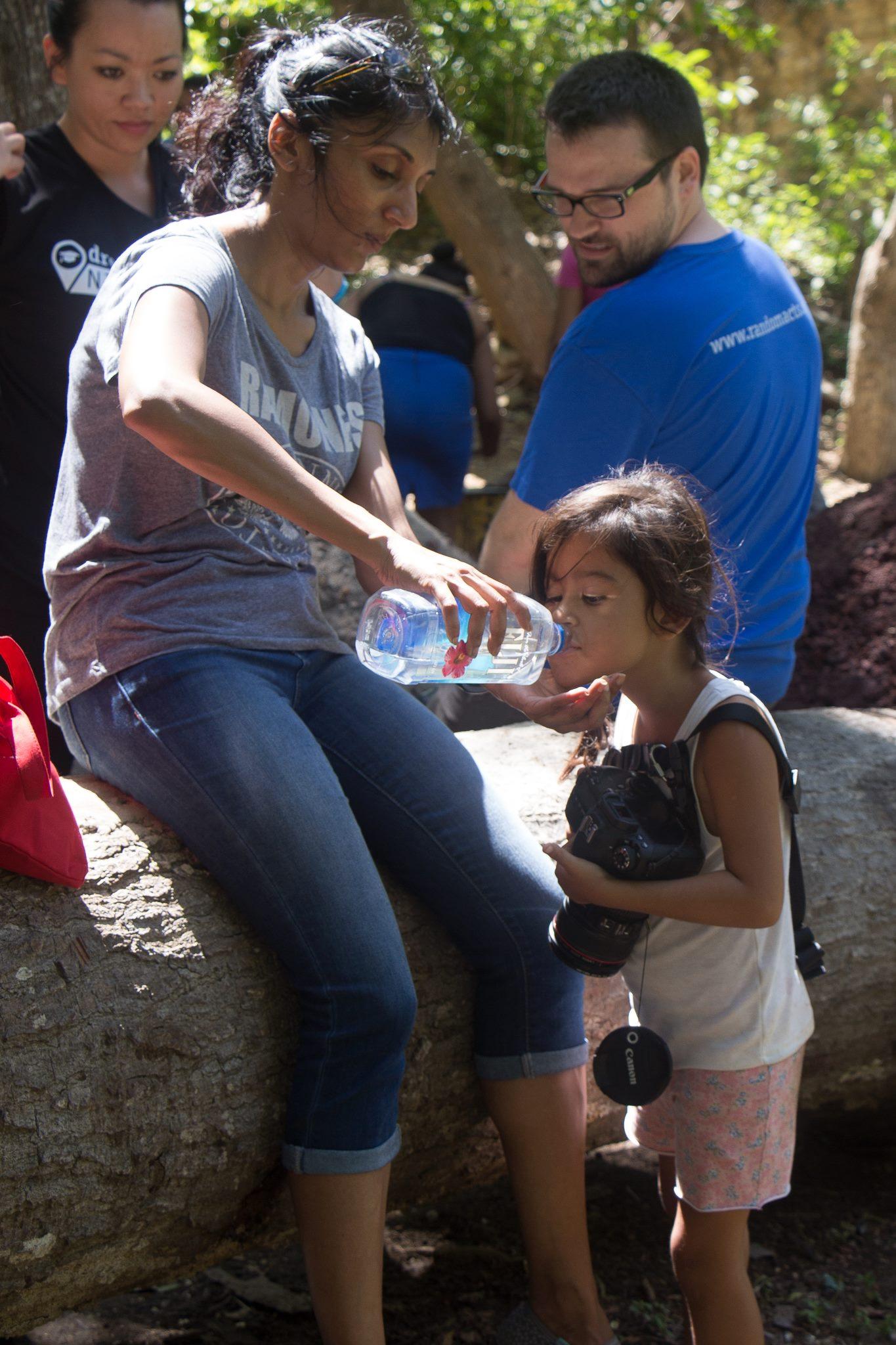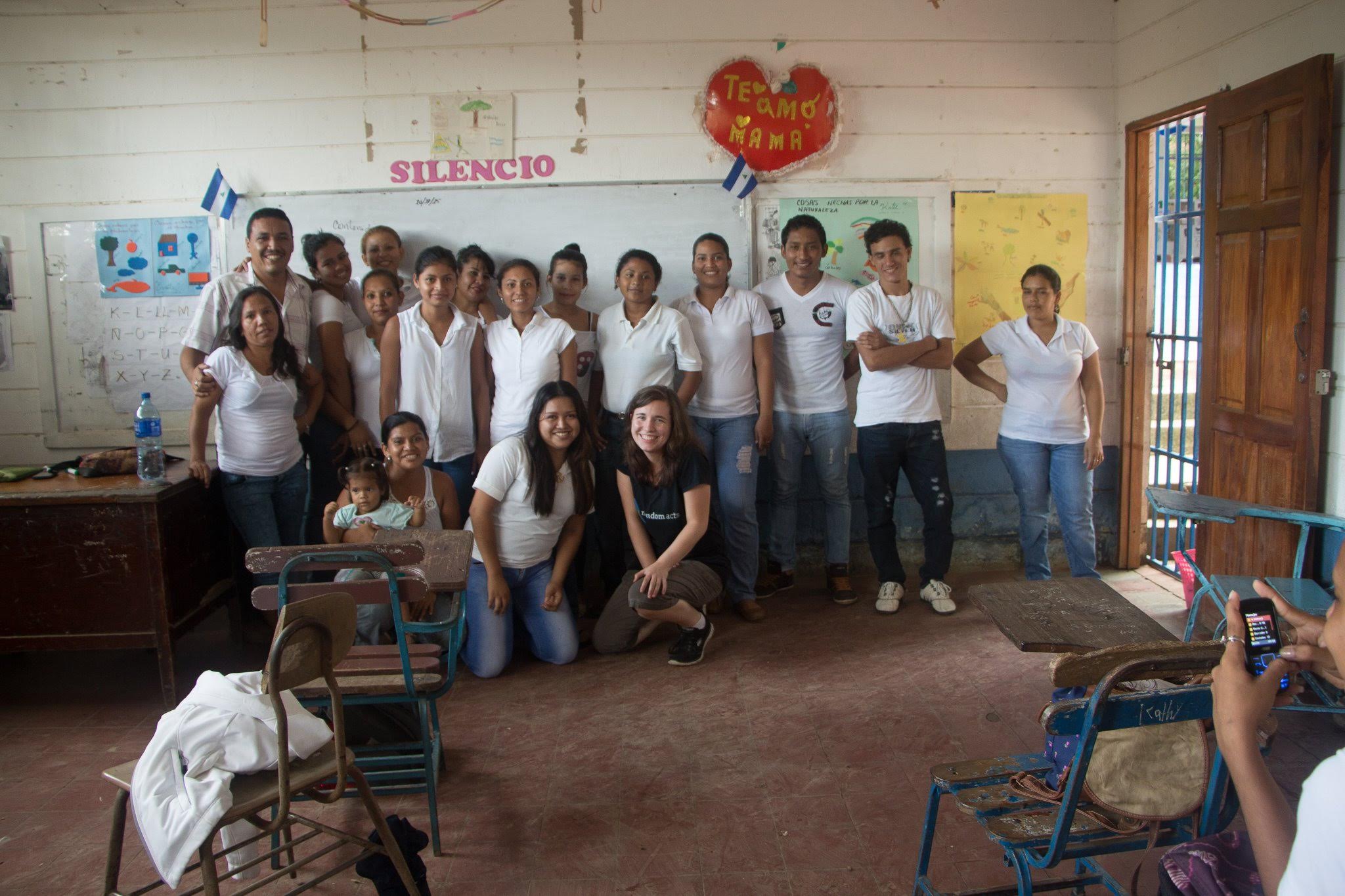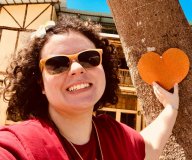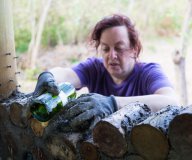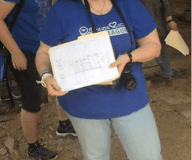Written by volunteer Taylor Hardman:
It has been nearly two months since we left Nicaragua, and yet, I’m still clinging to the experience. I was still living out of my suitcase up until two weeks ago. I still carry Nicaraguan Cordobas around in my wallet as if there was somehow any possibility of being able to spend them here in the rainy Pacific Northwest.
I am in what I would call “Denial with a capital D”. Because despite a loving family and a comfortable existence here in America, I would pack up and move to Nicaragua in a heartbeat, and I am sure I am not the only team member who feels this way.
When I was fundraising for this trip, I refused to allow myself to believe that I would not make it. I believed so strongly in what Random Acts was doing in Nicaragua, I would not allow myself to be left behind. I discovered Random Acts just as fundraising for the third and final Haiti trip was wrapping up, too late for me to join. I watched from afar all of the wonderful things that Random Acts achieved in Haiti and knew, even all those years ago, that I would not let another trip pass me by. I think many of the volunteers will agree with me when I say that fundraising the $5,000 to be able to go on this trip, it’s no cakewalk. It’s one of the most difficult fundraising endeavours I have ever attempted. But it meant telling every single person I encountered in the 6 months I was fundraising about this incredible project I was a part of. By the time that I left for Nicaragua, every single person in my life knew exactly why I was taking time off work, off school, because I had spent the last six months talking their ear off about this project, making them believe in it as much as I did. That’s what it takes.
Nicaragua changed everything about the way that I look at the world. I left Seattle on day one foolishly hoping that I would be able to help make a positive change in the community of San Juan del Sur by participating in this project. I should have known then, how much San Juan del Sur would change me instead. How much it would change my perception of kindness, how much I took everything that I have for granted. You do not truly appreciate an unlimited supply of clean, drinkable water—easily accessible from a tap—until you have to purify every drop you can drink. You don’t realize how easy it is to pursue education, even despite the rising cost of university, until you see how far people have traveled and how much they have sacrificed just to attend high school. How long many have had to wait for even the opportunity.
Nicaragua has one of the largest wealth distribution gaps in the western hemisphere. I had seen this before in other countries, on other aid trips, but nevermore has that fact hit me so hard as when I was working in the rural community outside of San Juan del Sur. I was a part of the team building bio-sand water filters so that the people of the community could have a source of clean drinking water. While we were there, we saw the well where they would normally retrieve their water from, not much more than a deep hole in the ground filled with murky water. As I stood there, holding part of the piping contraption that would turn this water into something drinkable, I received a text message.
Let me tell you how it feels to be holding evidence of a lack of ability to provide clean water to the people, and receive a text message, proof of at least a decently complex cellular infrastructure fairly far away from the main city. It burns away at your insides. Yes, on the news, you hear all the time about clean drinking water being a problem in many parts of the world. Always, it seems like it’s happening a world away, as long as it doesn’t affect ‘ME’, it’s easy to file away and not think about it while you eat Taco Bell and enjoy the free Wifi. There, in a small ditch on the side of the road in Nicaragua, I finally understood. Somehow, cellular service had become either more important or easier to provide than the most basic needs of the poor. It both broke my heart and strengthened my resolve. While I can’t do a lot about creating the infrastructure necessary in the government to make sure the basic needs of these people are met, I can care. I can keep going back, keep helping them to build, keep fundraising to both raise awareness and provide support that their infrastructure hasn’t been able to. It’s a drop in the bucket compared to what this community needs, but we have to start somewhere.
I’ll be going back to Nicaragua next year. I know this not because I’ve already raised the qualifying money or anything, but because I refuse to allow myself to fail. Which is probably one of the biggest changes Nicaragua has made to me personally. It’s given me the fire and drive to refuse to allow myself to fail. Sure, there will be stumbling blocks along the way, there always are. But I’m not going to let this community down that I’ve grown to care for so deeply. I’m not saying it won’t be difficult. Getting the general public to care about something happening a long way from here is sometimes like pulling teeth. Other times it can be the most rewarding experience you will ever find.
In Nicaragua, we didn’t like to talk about leaving, because it made us sad to know that soon, we would have to leave this community that we loved, and we would have to leave each other, these sisters we had bonded with so quickly. Instead of talking about leaving we would say “Wombat”. So, until next year rolls around, I’ll be here, still telling everybody I know about this project.
I refuse to wombat.
-Taylor
